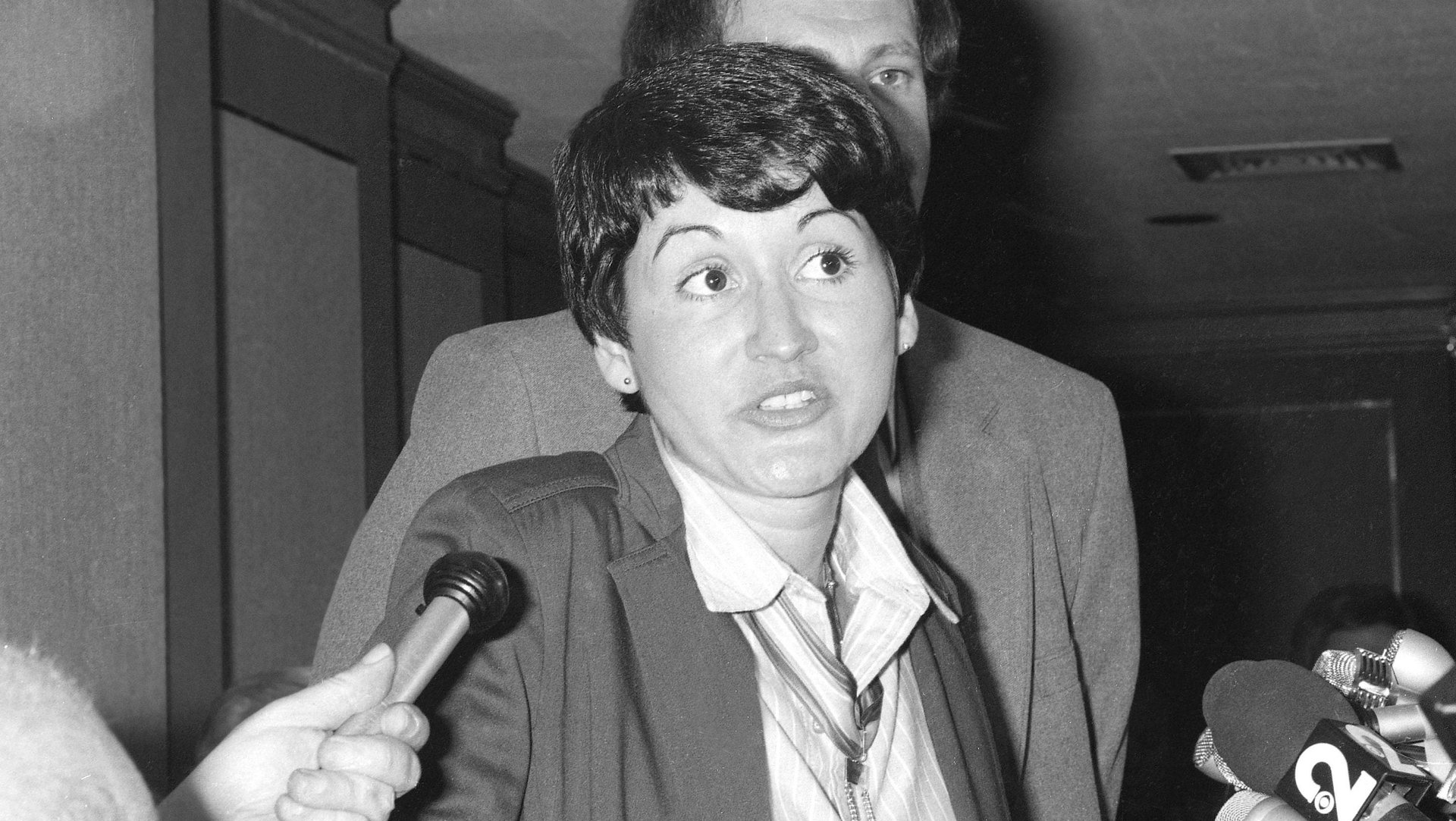Marathon cheater Rosie Ruiz was an anti-hero ahead of her time
The modern marathon comes with a healthy serving of virtue. Marathons have become venues to announce triumphs over disease, to mark an epic weight loss, to remember loved ones, to raise money for the less fortunate.


The modern marathon comes with a healthy serving of virtue. Marathons have become venues to announce triumphs over disease, to mark an epic weight loss, to remember loved ones, to raise money for the less fortunate.
Running 26.2 miles (42 km) is hard, and everyone who manages it is to be celebrated, no matter how slow or plodding their pace. Everyone understands that giving your best effort is what counts.
Everyone understood that, except Rosie Ruiz.
Ruiz, who died last month at age 66, did not care about giving it her all, or finding joy in the struggle, or setting personal bests. She wanted to win the 1980 Boston Marathon, and she knew the easiest and most efficient way to do that was not to run it, or not to run most of it, anyway.
After skipping the first 25 or so miles, Ruiz jumped in and crossed the finish line in an alleged 2 hours, 31 minutes, and 56 seconds, which would have been the third fastest women’s time in history.
Her victory didn’t last long. Spotters on the race course hadn’t seen her go by, and she had no pedigree to back up such a performance. Her only previous marathon finish, a very-respectable 2:56 at the New York Marathon the year before, also unraveled after a witness said they rode the subway to the finish together (this giving rise to the “Rosie Ruiz Track Club” t-shirt, with a picture of train tracks).
Quickly stripped of her marathon finishes, Ruiz disappeared from the public eye. A series of arrests for forgery and small-scale drug dealing sent her to jail in the mid-80s, according to the New York Times, but her life seemed to stabilize and she worked for decades as a bookkeeper. Her death was only noticed when a writer for the LetsRun website noticed her death notice under her married name and connected the dots.
Ruiz’s life would likely be much different had she tried her scam today. Our tolerance for cheaters, liars, and grifters has increased, and audacity is now prized as a much as actual accomplishment. Ryan Lochte, disgraced at the Rio Olympics, is rewarded with a reality TV show. Lance Armstrong has a podcast. The Fyre Festival is the subject of two only-sort-of-critical documentaries. Politicians routinely bounce back from financial scandal, public humiliation, and even assault charges.
In an era of social media and personal brands, Ruiz could have had far more than her 15 minutes of fame. She punctured the self-importance of a cherished institution and made it look easy (actually, it was easy). In a world where college dropouts are business heroes, and only suckers pay their taxes, Ruiz would be the undisputed champion of taking shortcuts.